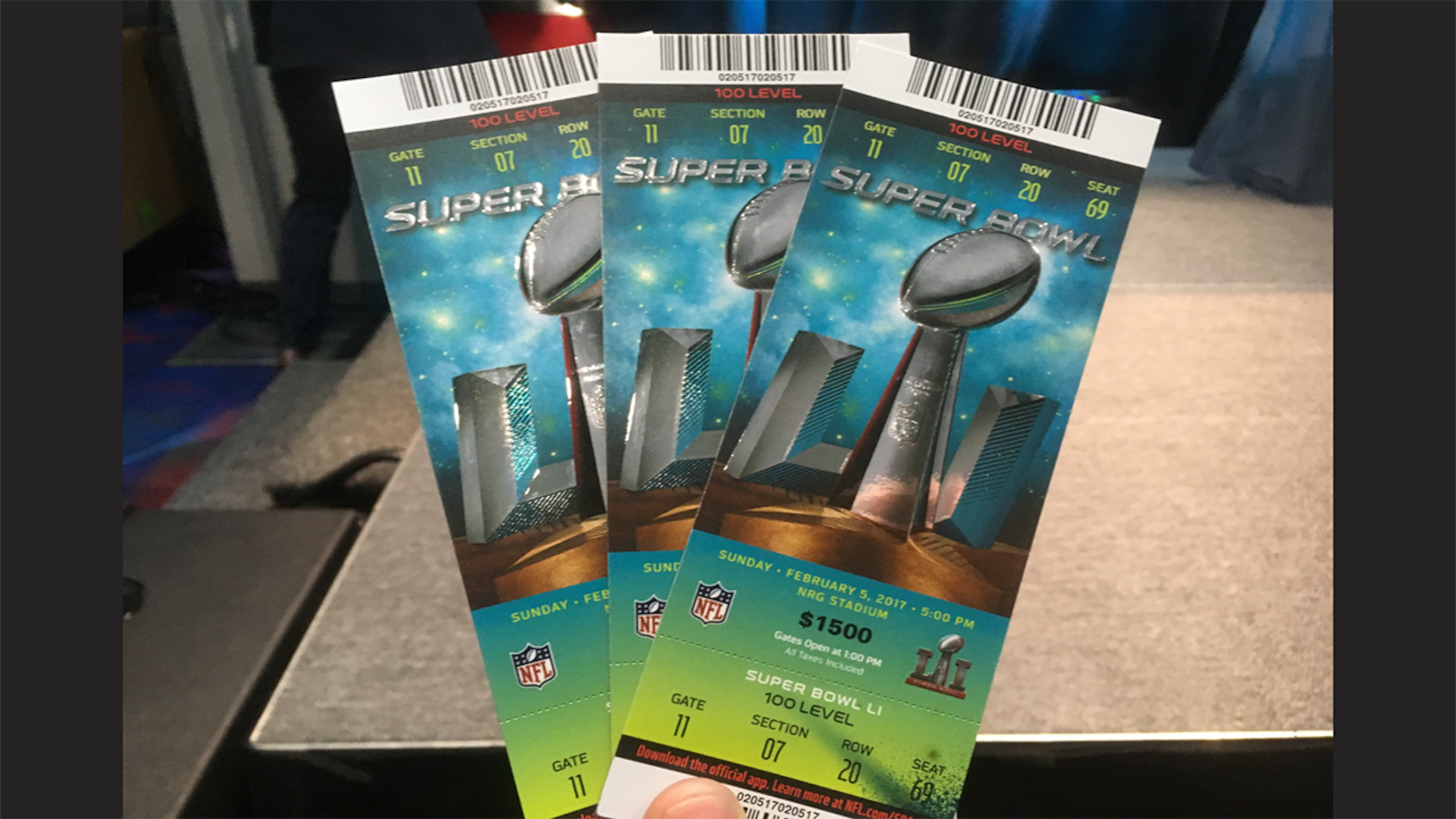Big events bring out ‘rogue’ ticket sellers

It’s not unusual for ticket buyers to encounter scams when buying tickets for major sporting events or concerts. It is unusual for those accusations to come from friends and family.
“It is pretty unusual,” said Mike Boynton, vice president of sales for the Better Business Bureau (BBB) in metro Atlanta. “Typically consumers are scammed when they are dealing with individuals they don’t know.”
Ticket scams of all sorts are alive and well, according to data from the BBB. In 2018, the consumer protection organization received more than 300 reports through the online scam tracker about ticket scams related to sporting events, concerts and other events, Boynton said. Online purchases are the biggest triggers. Over the past three years, online purchase scams jumped from 3 percent to 15 percent of total scams reported to BBB, Boynton said. Scammers advertise tickets online, then take money, most often cash, and deliver fake tickets or no tickets at all. Georgia’s fairly strong regulations on ticket resellers help, said experts, but only to an extent.
Gary Adler, spokesman for the National Association of Ticket Brokers (NATB), said individuals like Shah who allegedly prey on unsuspecting and emotional consumers are often lumped in with legitimate sellers. “This is just a guy who saw this opportunity and allegedly did these things. That is why we put out tips and warnings around high-profile events. Tickets are a passionate thing,” Adler said.
Whether it is a guy with a pile of card stock and a printing machine planning to print fake tickets like the Atlanta man recently indicted for trafficking counterfeit tickets or an unlicensed broker engaging in “speculative listing,” a practice in which brokers only obtain tickets after customers have placed an order, consumers often are left with no recourse.
Many consumers follow the right tips — they don’t buy from strangers, they review the policies and restrictions — but they still find themselves engaged in a bad deal. It doesn’t help when scammers use legitimate ticketing agencies as a cover for their shady enterprises.
>> Read More: Avoid ticket scams for concerts, sporting events and more
Jeff Welch of Sharpsburg thought he had done his due diligence when he purchased a pair of tickets on Craigslist to see Aerosmith during the Bud Light Super Bowl Music Fest at State Farm Arena. The ad ensured authenticity by offering to transfer the tickets in person through the Ticketmaster app.
Welch first made sure he checked Ticketmaster’s policy online and confirmed that he had contact information for the seller. They met at a Cracker Barrel in Conyers, and before handing over $300 cash, Welch confirmed the transfer had gone through and the tickets had appeared in his Ticketmaster ticket queue. “Everything seemed kosher until the night we got to the concert,” Welch said.
That night, when Welch pulled out his phone to scan the QR code, it had disappeared. “I thought there was a glitch,” he said. But when he spoke to management, he learned the tickets had been removed from his account after the original buyer claimed fraud through Ticketmaster. Officials on-site told him the ticket had been sold multiple times. Welch said he thinks a loophole in Ticketmaster’s transfer system enabled the scammer to resell the ticket over and over to different buyers, each time claiming the sale was fraudulent.
In response to the AJC’s request for comment, a spokesperson for Ticketmaster said the fraud department was researching the issue. Welch ended up buying new tickets for the show that evening from StubHub, the ticket exchange company owned by eBay.
“It is a shame to hear all of these stories. We work hard to educate people about the difference between rogue sellers and professionals,” said Adler. “(NATB) has a detailed code of ethics and a complaint procedure for consumers who feel they have been wronged. Our members do the right thing and take care of people.”
In Georgia, ticket brokers must pay a $500 annual fee to the secretary of state for a license, have a permanent office or place of business and register for sales and use tax purposes. Only licensed brokers can resell tickets above face value; however, the provision does not apply to individuals who are reselling a ticket that was purchased for personal use.
“People have very little understanding of how the ticket market works, especially for high-profile events,” Adler said. “It just brings out the bad actors.”
HOW TO AVOID SCAMS
The National Association of Ticket Brokers and the Better Business Bureau partnered to help consumers avoid ticket buying scams. Here are some of the tips offered on the website bbb.org:


